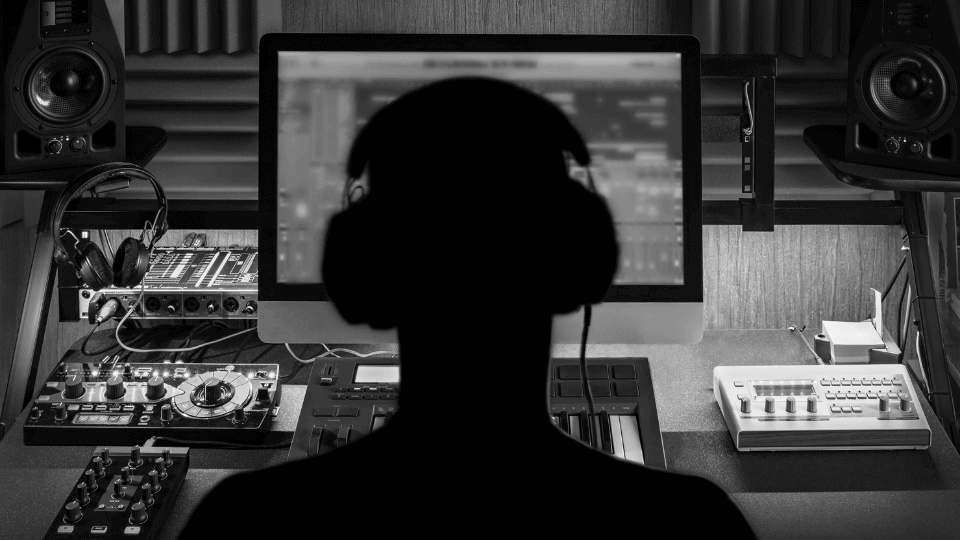What is Music Publishing?
Music publishing is the business of exploiting musical compositions and generating revenue from their use. A music publisher is responsible for promoting and licensing songs to various media outlets, such as films, TV shows, commercials, and video games. The publisher collects royalties and distributes them to the songwriters, composers, and other rights holders.
In the music publishing industry, there are two primary types of royalties: mechanical and performance. Mechanical royalties are earned when a song is reproduced or distributed, such as when a CD or digital download is sold. Performance royalties are earned when a song is performed publicly, such as on the radio, TV, or in a live concert.
What is Sync Licensing?
Sync licensing is the process of licensing music to be used in synchronization with visual media, such as films, TV shows, commercials, and video games. Sync licensing allows music publishers and rights holders to generate revenue from the commercial use of their music. The fees for sync licensing vary depending on the type of media, the length of the music used, and the prominence of the song in the media.
Sync licensing is an essential aspect of the music industry, as it provides a platform for artists and composers to showcase their work to a wider audience. It also creates a mutually beneficial relationship between the music industry and the entertainment industry, as both parties benefit from the use of music in films, TV shows, and other media.
How Does Music Publishing and Sync Licensing Work for Film and TV?
In the film and TV industry, music plays a crucial role in enhancing the visual experience of the audience. Music can create emotional connections with the characters, evoke certain moods, and drive the narrative forward. Therefore, music publishing and sync licensing are critical components of the film and TV industry.
Music supervisors are responsible for selecting and licensing music for use in films and TV shows. They work closely with the director, producer, and other members of the production team to ensure that the music fits the tone and style of the production. Music supervisors also negotiate the fees for sync licensing and ensure that all necessary paperwork is completed.
For music publishers and rights holders, the film and TV industry provides a significant revenue stream. The use of music in films and TV shows can generate substantial royalties for songwriters, composers, and other rights holders. Therefore, it is essential for music publishers and rights holders to establish relationships with music supervisors and other members of the film and TV industry.
Career and Education in Music Publishing and Sync Licensing
A career in music publishing and sync licensing can be rewarding for individuals who are passionate about music and have a business-oriented mindset. There are various job roles in the music publishing and sync licensing industry, such as music supervisor, music publisher, sync licensing manager, and copyright specialist.
To pursue a career in music publishing and sync licensing, it is essential to have a strong understanding of music copyright law, business practices, and industry trends. It is also beneficial to have a network of contacts in the music and entertainment industry.
Several educational programs offer courses in music publishing and sync licensing, such as the NYU x Billboard | Music Industry Essentials online course and certificate program. These programs provide students with the knowledge and skills needed to succeed in the music industry, including music publishing and sync licensing.
Key Takeaways
- Music publishing and sync licensing are critical components of the music and entertainment industry.
- They provide a platform for artists and composers to showcase their work and generate revenue from its commercial use.
- In the film and TV industry, music supervisors are responsible for selecting and licensing music for use in productions.
- To pursue a career in music publishing and sync licensing, it is essential to have a strong understanding of music copyright law, business practices, and industry trends.
- Educational programs, such as the NYU x Billboard | Music Industry Essentials online course and certificate program, can provide students with the knowledge and skills needed to succeed in the music industry.








